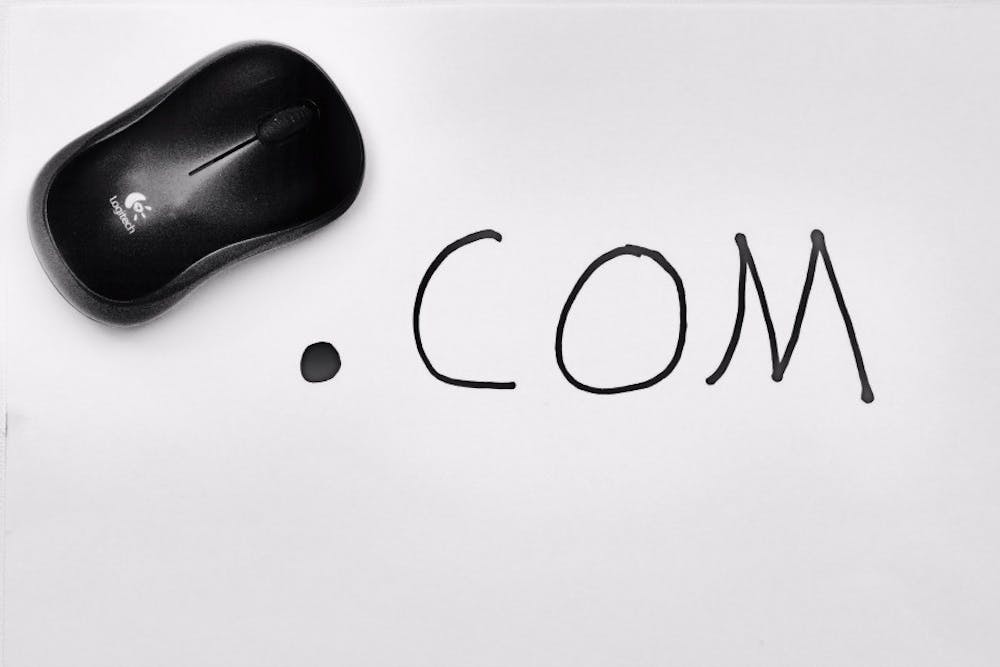Blaming issues on social networks is not warranted
By Carly Berndt, berndtcn@miamioh.edu
Almost everyone has that one argument they're sick and tired of hearing about. There's healthcare, gay marriage, abortion rights, global warming and plenty of other argued-to-death topics that have begun to take on the effects of a white noise machine.
For me, I have a relationship with one of these slightly less partisan (yet equally obnoxious topics): a relationship that has now surpassed the "white noise" stage and transitioned into a "nails on a chalkboard" effect.
I'm tired of hearing arguments about how social media is to blame for all of our problems.
This past Monday, each one of my three professors brought up the "horrific," and "detrimental" nature of social media, citing evidence that was both exhausted and untrue. Facebook, Instagram, Twitter and every other social media outlet are constantly being blamed for anti-social and unproductive people, mainly teens or college students.
Though there might be a correlation between social media use and low grades and productivity (a study provided by socialnetworking.procon.org said the average GPA of students who use social media is a 3.06, compared to the 3.82 average GPA of those who do not use social media), it might not be the whole story. I find myself asking one question whenever a statistic like this is brought up: Should we blame social media or should we blame laziness?
Don't get me wrong, scrolling through Facebook photos from 2011 is sometimes simply more interesting than reading the material you need to learn for an upcoming exam. However, spending an hour or two on the Internet as opposed to spending an hour or two studying or doing homework, in my opinion, is a matter of priorities and willpower - it's not a reason to bash social media.
More often than not, students are using social media in valuable and educational ways. A study done by the National School Boards Association found that 59 percent of students use social media to talk about educational topics, and upwards of 50 percent of online students use social media to talk specifically about schoolwork. Social media is not inherently problematic in regards to academics, and that the problem tends to stem from the social media user, not the social media itself.
Facebook and Twitter and other platforms have also been criticized for encouraging anti-social behavior; however, they actually allow for greater opportunities for people to stay connected with one another, and with the evolution and success of websites such as "match.com" and "eHarmony," social media has also become a platform for meeting new people and building new relationships entirely.
"Common Sense," an organization that caters to families and schools, did a study on the relationship between social media and the social lives of students. They found that well over 50 percent of students reported using social media, and it helped students maintain friendships with people that they both saw regularly and irregularly.
Just as with academics, social media can be useful in maintaining relationships and actually being social if it is used in the right ways. And it's up to the user to use social in ways that benefit themselves. If a person chooses to spend hours catching up on news feeds by themselves, that's a choice made by that person, not by an app on a screen.
It would be ignorant to say that social media does not pose as a convenient distraction, because it does. That being said, just because something has the potential to be distracting doesn't mean it has to be a distraction.
You have the power to put the blinders on and not let it become a distraction. Social media shouldn't be blamed for someone not wanting to study for an exam, and therefore using it as a tool for procrastination.
The existence of social media shouldn't cancel out the need for prioritizing and willpower. But by blaming these platforms for lack of social and academic performance and general lack of productivity, the idea of personal responsibility and accountability is taken away.

